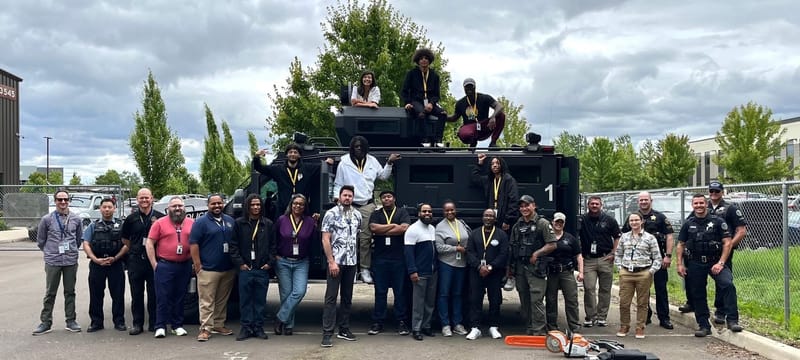Diversity, Equity, and Inclusion

I’ve often found myself as the only minority in the room, expected to represent all people of color. Time and again, I’ve watched well-intentioned leaders attempt to address Diversity, Equity, and Inclusion (DEI) without fully understanding the lived experiences of those most impacted.
Even more troubling is the rise of theoretical frameworks that, despite aiming to fight inequities, inadvertently reinforce division, “us vs. them” thinking, and the very biases they seek to dismantle. As Albert Einstein famously said, “We cannot solve our problems with the same thinking we used when we created them.”
Racism, Social Justice, and DEI are not technical problems with simple fixes, they are Adaptive Leadership challenges. As Ronald Heifetz reminds us, “The most common leadership failure stems from trying to apply technical solutions to adaptive challenges”.
To create real change, we must not lead with hate, anger, shame, or ignorance. Instead, leaders must mobilize people, teams, and organizations through the difficult yet necessary process of re-examining identities, values, and priorities. This means preserving what works while innovating and pushing for real, sustainable progress.
I approach DEI by educating about culture without over-identifying with problematic constructs of race or gender. True diversity thrives when we respect differences while focusing on what connects us. Real progress comes not just from recognizing what sets us apart, but aligning our unique strengths towards accomplishing a shared goal.